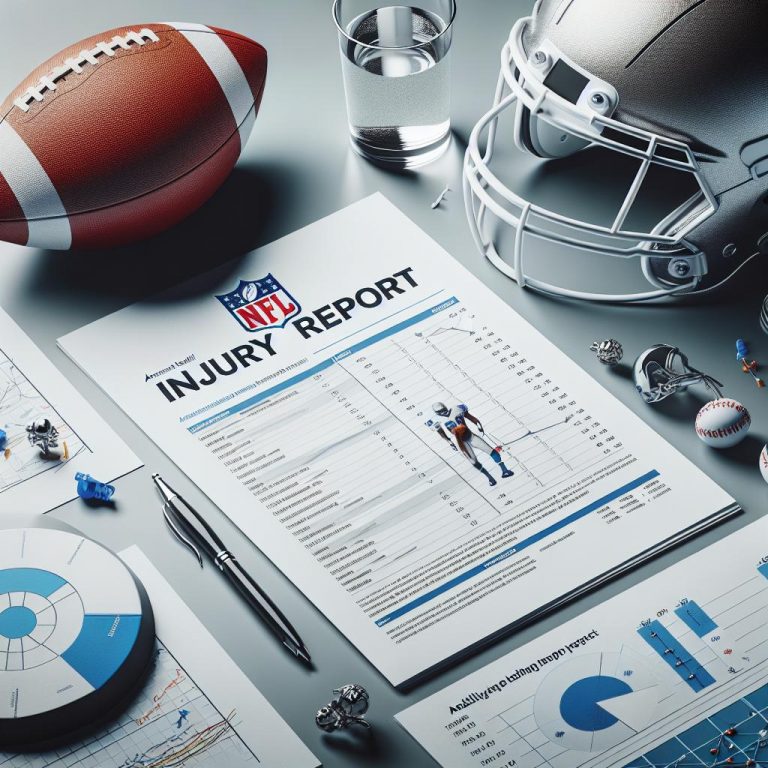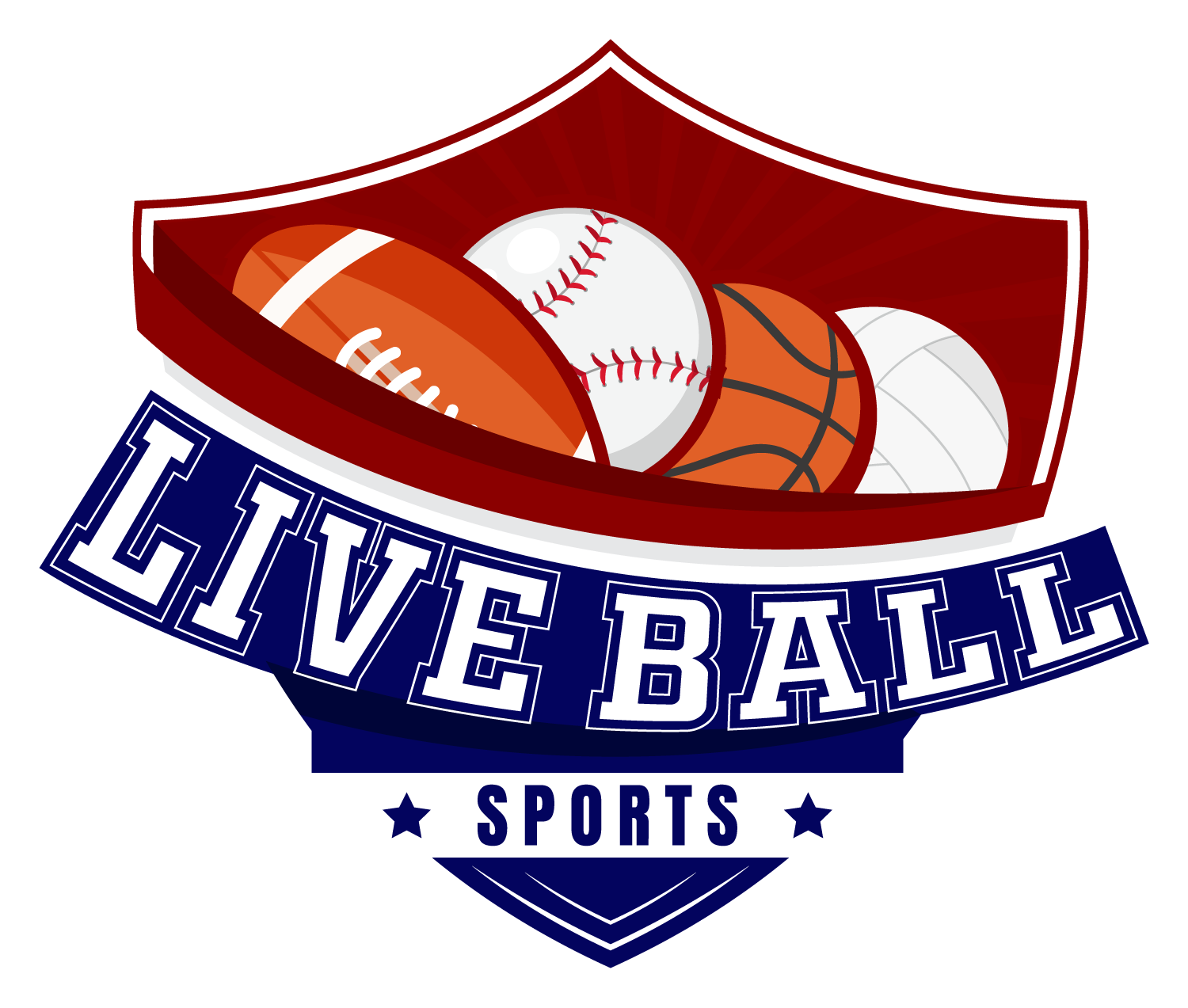In Indianapolis, thousands of college athletes are set to benefit from a proposed $2.8 billion settlement related to compensation issues concerning their name, image, and likeness. This settlement comes from a landmark legal case aimed at addressing the long-standing practice of denying college athletes fair compensation for the revenue generated from their performances.
For many years, the NCAA restricted college athletes to receive only scholarships and limited expense payments. However, changes in 2021 have allowed athletes to earn earnings from commercial deals and brand partnerships. The current settlement is a culmination of various lawsuits against the NCAA and major athletic conferences that highlighted the need for fair compensation.
The new settlement could potentially alter the landscape of college sports, making way for future direct payments to athletes. It includes athletes who participated in college sports from 2016 onwards. Most notably, football players are expected to receive the largest payouts, with some estimates suggesting top individual payments could reach as high as $1.85 million.
As this settlement unfolds, former athletes from high-profile football and basketball programs stand to gain significantly. The average payouts for men’s football and basketball players are projected around $135,000, with around $35,000 for female basketball players. Meanwhile, other athletes might see far smaller amounts, ranging from hundreds to thousands of dollars.
Over 400,000 athletes are potentially eligible to submit claims. Specific criteria determine the payout amounts, including how long the athlete played, the revenue generated by their school, and the athlete’s position. For example, quarterbacks might receive larger payouts than running backs due to their higher market value.
The settlement is currently in a preliminary stage, and a judge recently gave it initial approval. Athletes should start receiving notifications about their eligibility soon, but exact payout amounts won’t be available until at least December. The payouts will be disbursed over a span of up to 10 years.
While the process moves forward, some legal challenges may arise, particularly regarding the equal treatment of male and female athletes under Title IX. Any athletes unsatisfied with the settlement have the right to opt-out and pursue independent legal actions. A final hearing related to the settlement approval is scheduled for early April, but appeals could complicate the timeline.
The significance of this settlement extends beyond just financial payouts, as it paves the way for a future of revenue sharing in college sports. With changes expected as soon as next summer, around 70 colleges may start implementing budgets that allow them to pay their athletes directly, which could change the landscape of college sports for years to come.



